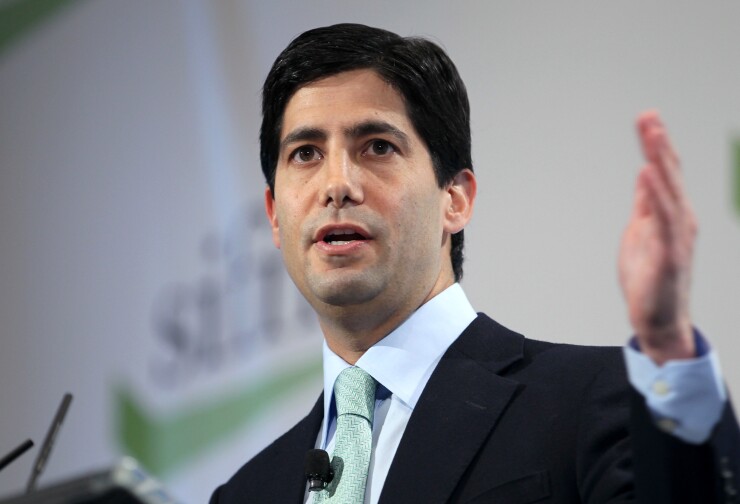Three potential candidates to replace Federal Reserve Chair Janet Yellen next year said proposals by Republican lawmakers and President Donald Trump’s administration to cut taxes and roll back regulations would lead to faster economic growth.
"The policy changes of the kind proposed by the Congress and the Administration, if enacted, would significantly improve the economy’s growth prospects," Glenn Hubbard, John Taylor and Kevin Warsh said Tuesday in an editorial co-authored with Stanford’s John Cogan. "Could implementation of such a comprehensive economic plan raise the economic growth rate to 3% percent? We believe it can."

Yellen’s term expires in February, and Hubbard, Taylor and Warsh — each of whom occupied economic policy-making roles under former U.S. President George W. Bush — are all seen as potential replacements.
Hubbard chaired Bush’s Council of Economic Advisers from 2001 to 2003, while Taylor was undersecretary of international affairs at the U.S. Treasury. Warsh was nominated to the Fed Board of Governors by Bush in 2006, a post he held until 2011.
The op-ed made little reference to monetary policy at a time when the Fed is debating how quickly to raise interest rates in an economy with a low unemployment rate but little inflation pressure. Instead, the authors focused on changes that Congress and the White House could make to tax and regulatory policies that they claimed would boost growth in productivity and the labor force.
"Economic theory and historical experience indicate economic policies are the primary cause of both the productivity slowdown and the poorly performing labor market," they said.
"High marginal tax rates, especially those on capital formation and business enterprises, costly new labor market and other regulations, high debt-financed government spending (largely to fund income transfer payments), and the lack of a clear monetary strategy have discouraged real business investment and reduced both the supply of — and the demand for — labor."
The success of Trump’s economic program is in question after the failure of a Republican-controlled Congress to pass health-care legislation. Treasury Secretary Steven Mnuchin has set a goal of boosting growth to 3%, from a rate of less than 2% on average since the recession ended in mid-2009.





